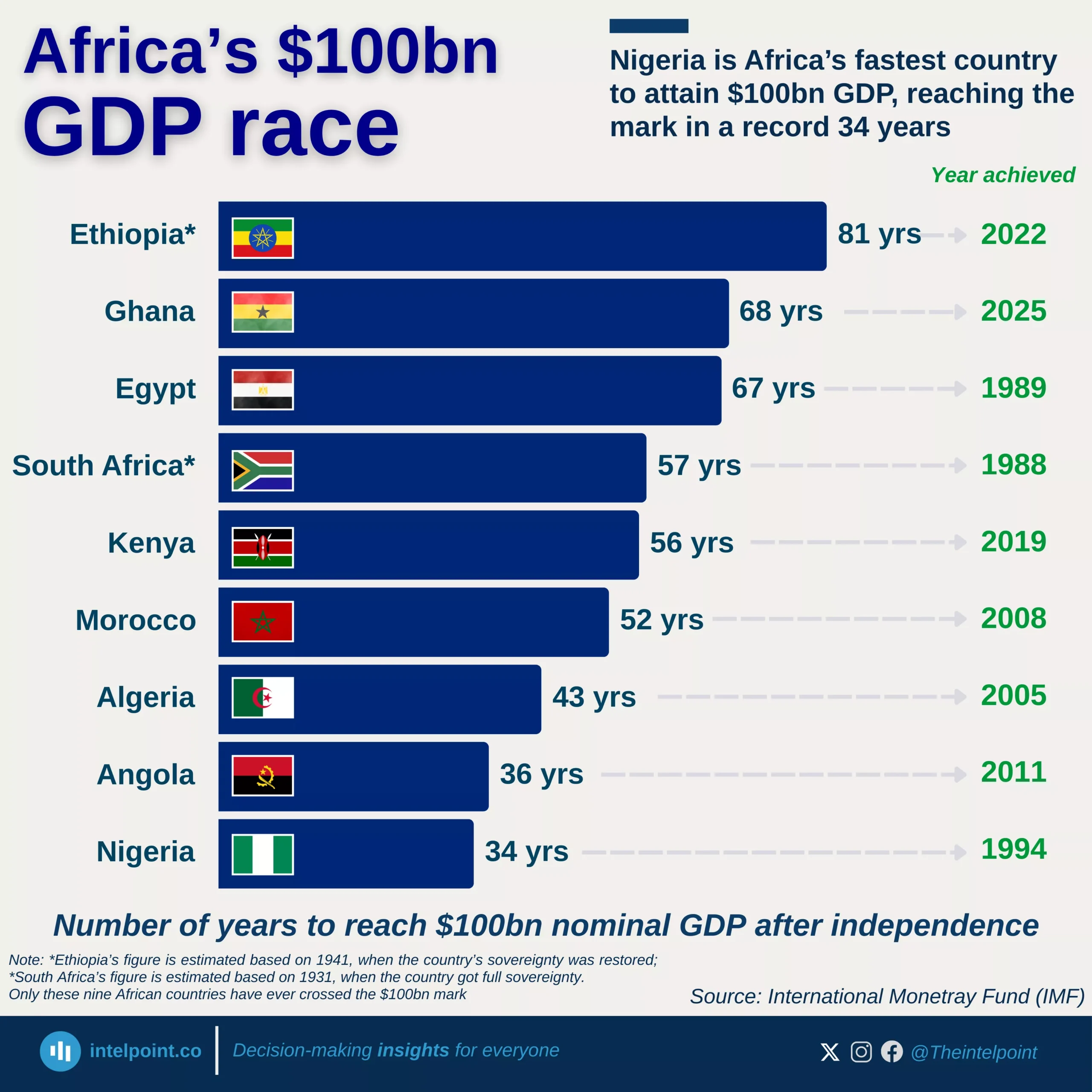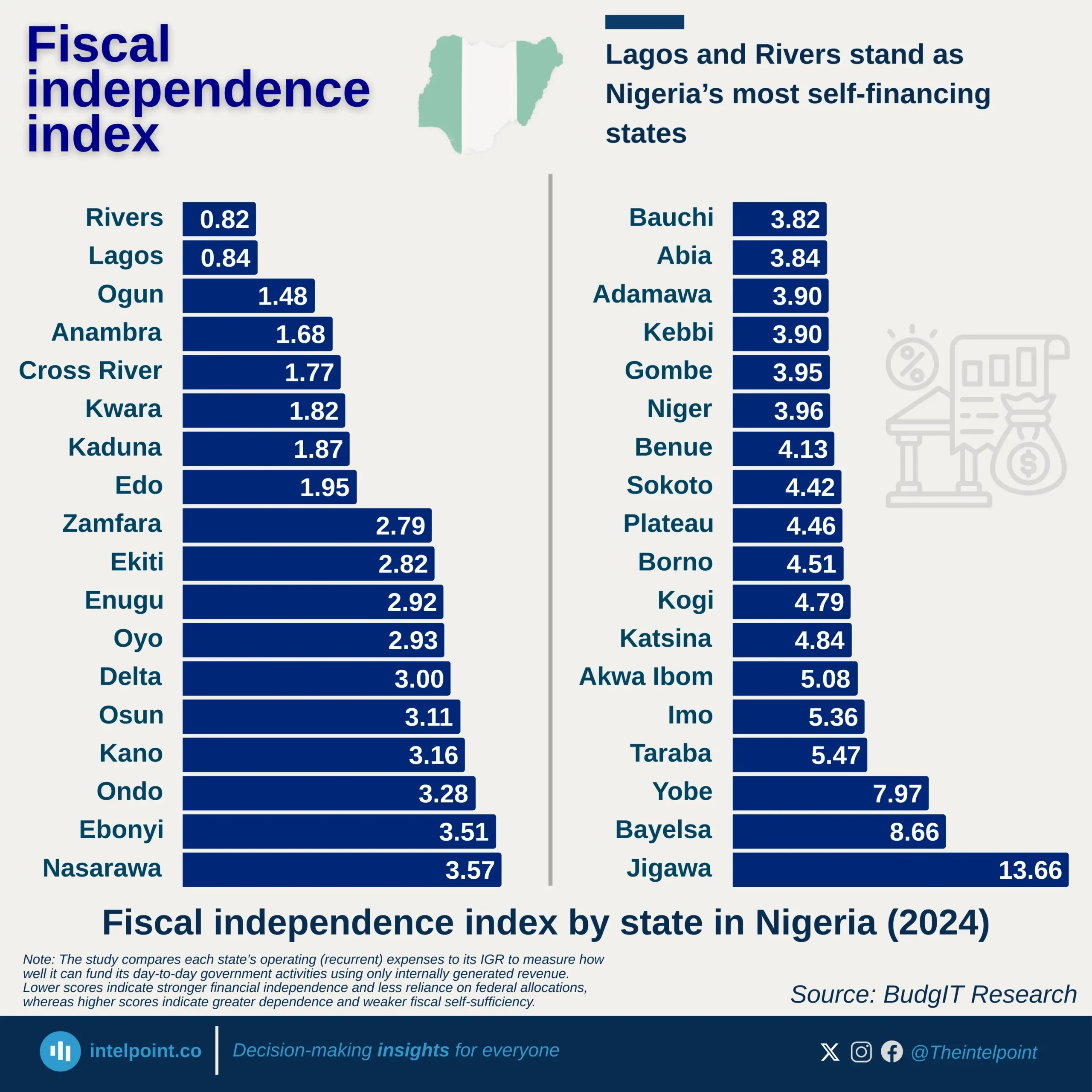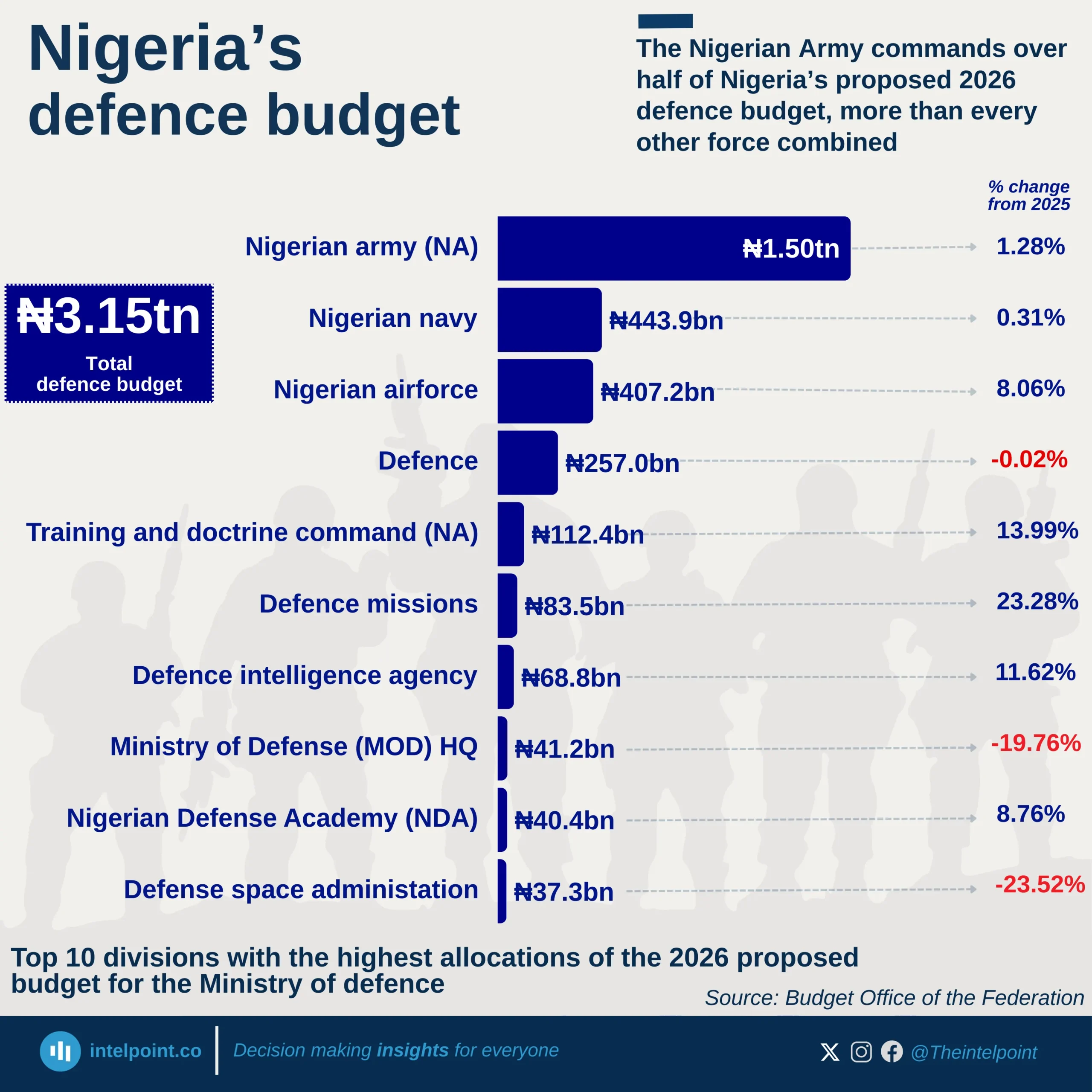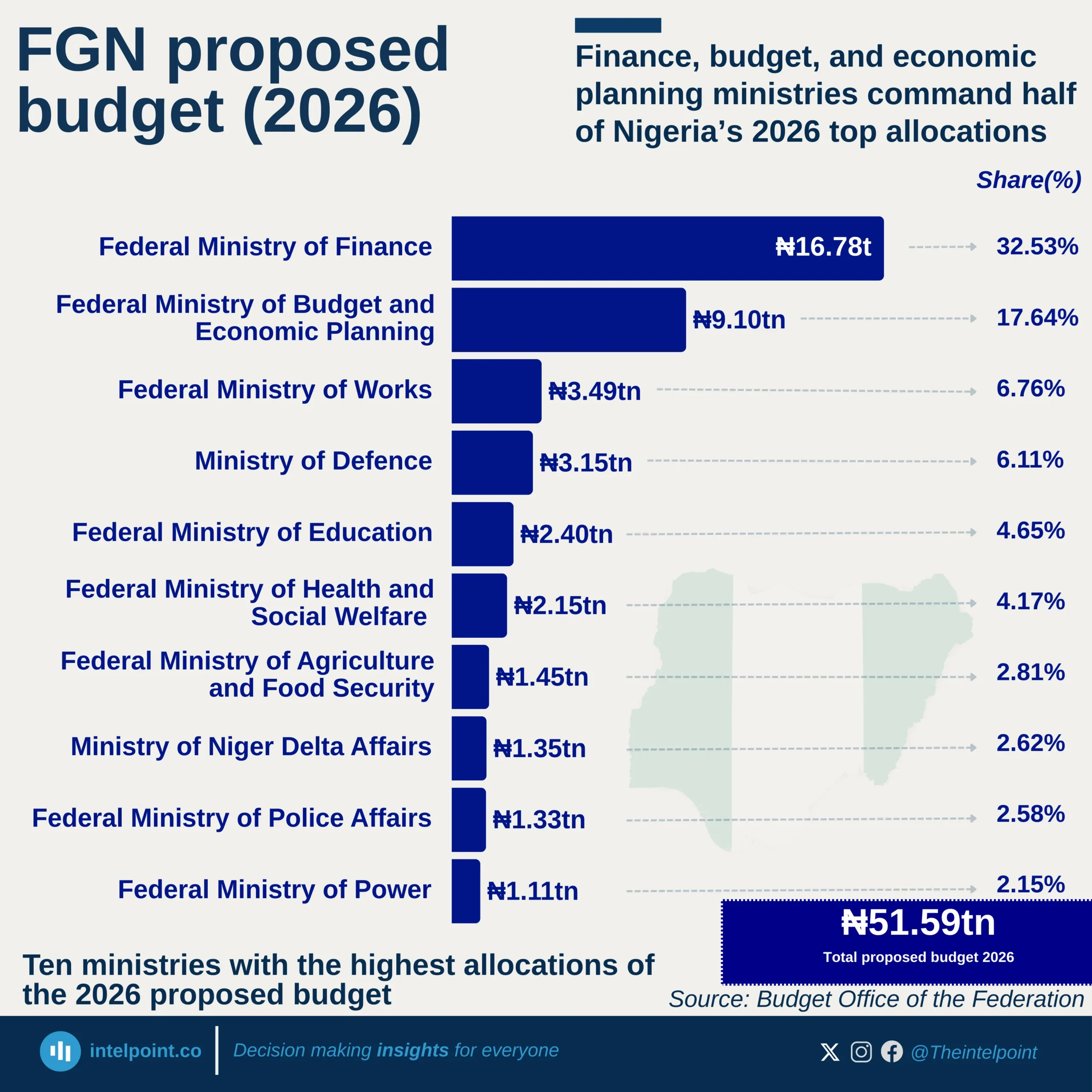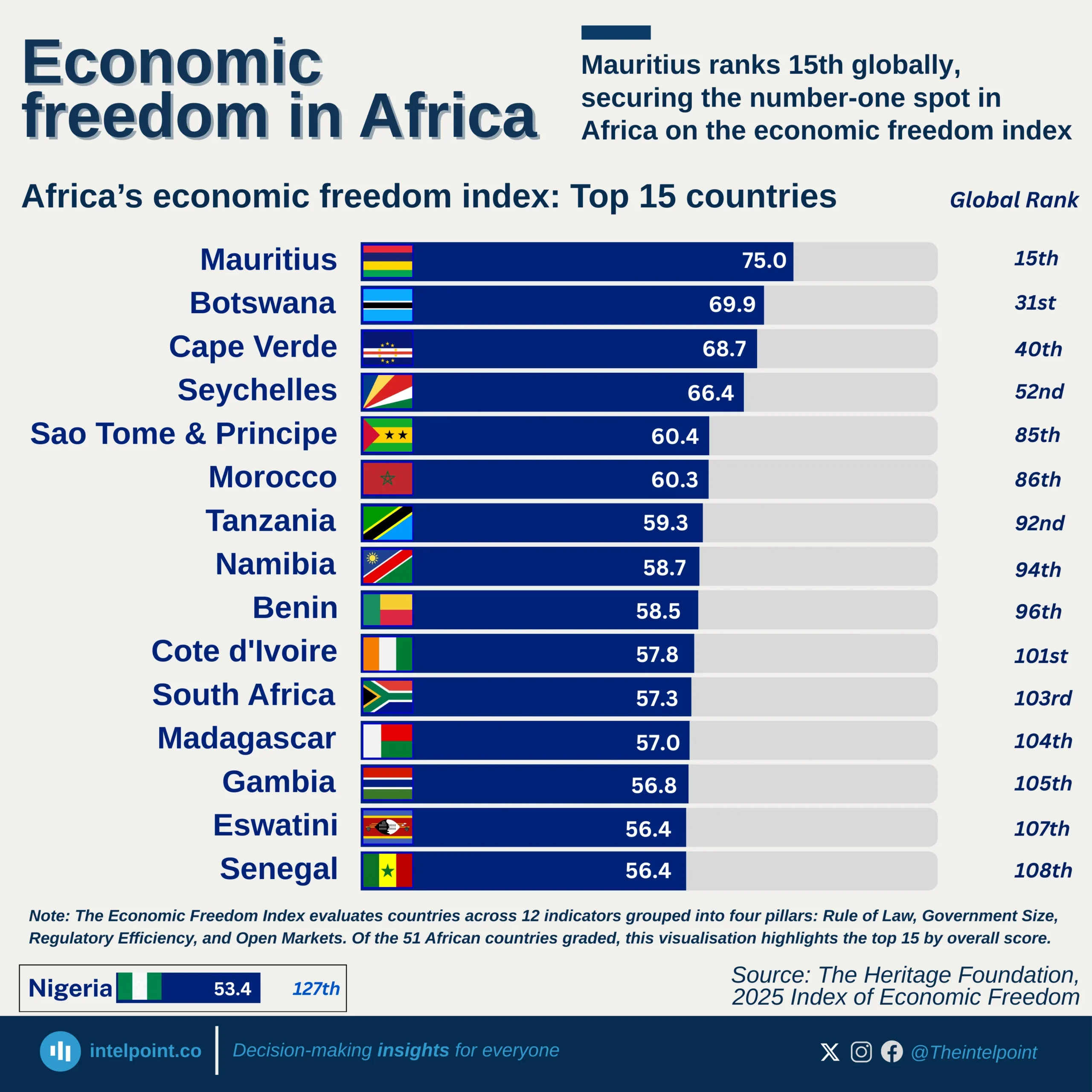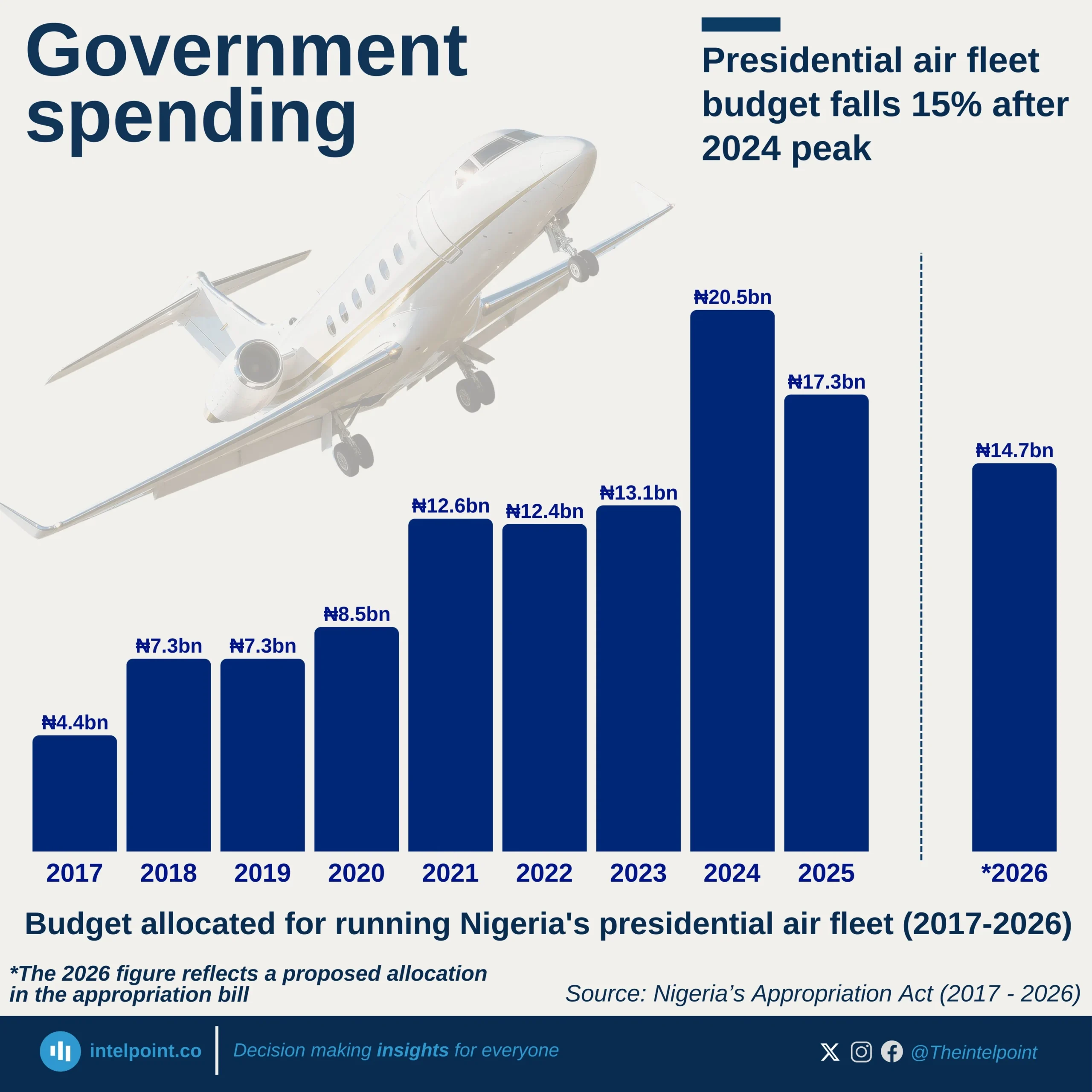Most of Nigeria's capital imports in the first quarter of 2023 were directed toward three sectors. The banking sector got the most investments with $304 million, accounting for 27%, and the production and IT services sectors followed, with 22% and 19%, respectively.
